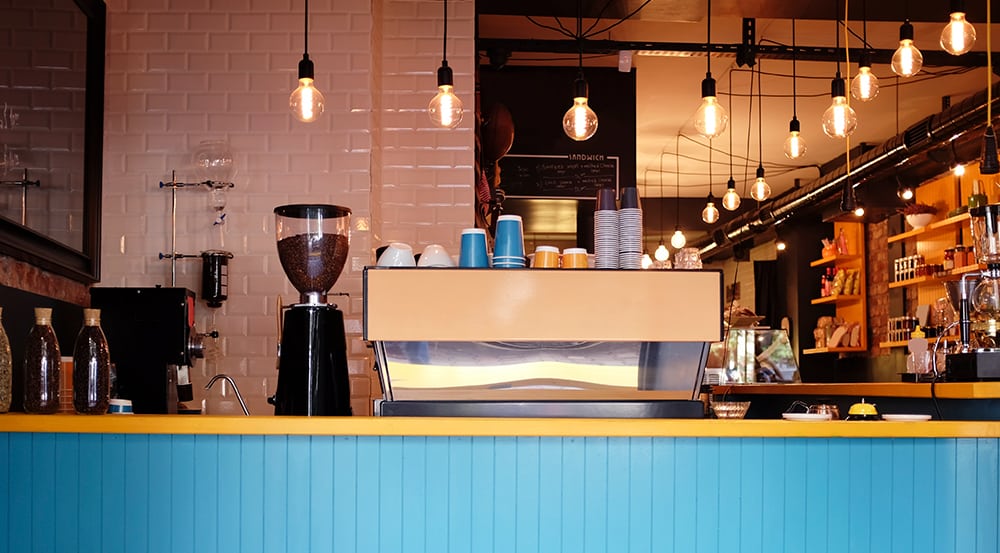In almost every business journey, there comes a time when you need commercial premises of your own. Finding them represents a leap of faith, but like all such leaps it can be an exciting milestone.
Usually, you’ll want to lease your premises rather than buying them outright, even if you plan to purchase down the track. Leasing means you’ll have flexibility in the future if you want to change your strategy, and may also appeal to business owners who are saving for a purchase of their own.
Leasing a commercial property is vastly different than purchasing one, so
before you sign on the dotted line, make sure you understand the ins and outs of leasing a commercial property.
What signing a lease means
In signing a lease, you are agreeing to pay a landlord rent for a period of time. The time period is either set out in the lease (a fixed lease) or ongoing until one of the parties gives notice (a periodic lease). Landlords will often prefer a long lease, as it provides them with more security, but as a new tenant you may prefer to ask for a short lease with an option to renew.
The amount payable will cover rent and other expenses associated with operating from the premises.
In commercial leases, as opposed to residential leases, there is often a ‘gross lease’ amount. This covers the rental, cleaning expenses, and any operational and outgoing expenses. This makes it easier for you to budget your overheads and provides certainty for both you and your landlord.
Inclusions and considerations
A difference between commercial and residential leases is that, in the former case, you have a lot more leeway to negotiate the terms
Seeking specific advice is vital; you want assurances on what it is you need and are agreeing to, so thoroughly checking the agreement with a trusted party is advisable.
As a business owner leasing a commercial property, there will be inclusions in a lease that you must be aware of and ensure that you comply with, should you agree and sign with their inclusiveness.
As well as the term of the lease, take the following things into consideration:
Improvements and modifications
Can you make improvements to the property, or modify it so that it suits your business? If so, who is responsible for returning it to its original condition at the end of the lease?
Also check whether you or your landlord is responsible for repairs and maintenance.
Permitted use
Most commercial leases will include a Schedule which spells out the permitted use of the premises. For example, it might say ;cafe;, or ‘retail outlet’. As the tenant, you must comply with the stated use throughout the lease; using the premises for a different purpose will constitute a breach of the contract.
Right of Assignment
If your lease doesn’t have a right of assignment clause, ask that one be added in. This means that if your business doesn’t survive the lease term, or you need to move premises, you can assign the lease to a new tenant. It will help you avoid paying overheads or incurring further debts in the event that you don’t continue in the premises.
Additional clauses
If the commercial premises aren’t stand alone premises – for example, if you are renting space within a shopping centre or commercial building – you may also need to check the terms of the head lease. There may be restrictions on how you can fit out your space, or limits to where you can put marketing materials. Make sure, too, that you understand any obligations to the overall maintenance of the larger premises.
Financial implications
In Australia, if you rent a commercial property as your business premises, the rent is usually tax deductible.
If your business is registered for GST, you can also claim GST credits for the portion of the GST included in the rent.
However, if your agreement requires the business to buy leased goods or equipment, you may not be able to claim the rent as a tax deduction. This is why it is vital to check with a financial adviser.
